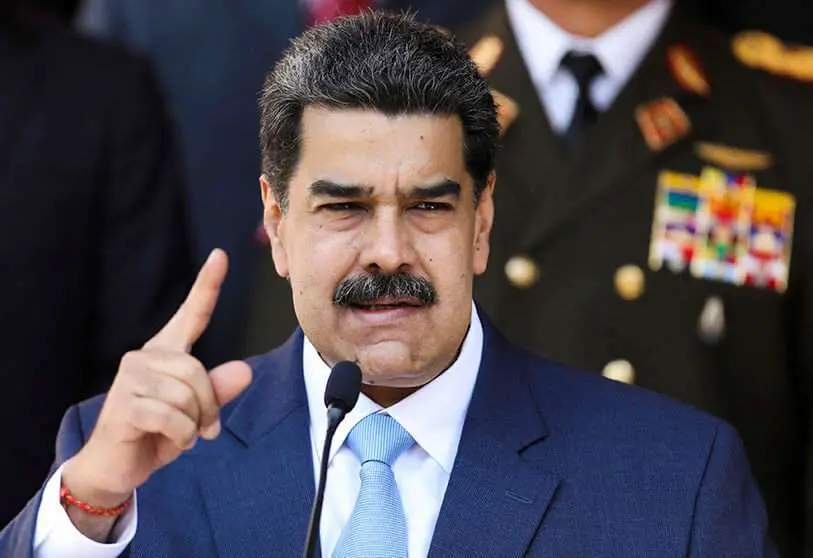The pardons of the satrap

Venezuela's de facto president, Nicolas Maduro, has granted pardons to 26 deputies of the National Assembly (NA), who have been persecuted, many of them in exile and sentenced in several cases by Bolivarian courts, i.e. by judges appointed and instructed directly by Maduro. The satrap (a person who governs despotically and arbitrarily and who flaunts his power) claims to have granted his grace in the interests of national concord and to facilitate the parliamentary elections called for December 6.
Juan Guaidó, the other president of the country, that of the NA, and as such commissioned by the majority of the deputies of the presidency of the nation, describes the manoeuvre as a crude use of hostages, following the Cuban revolving door model: releasing a few political prisoners in order to imprison them or others as soon as the slightest protest displeases the regime. Both Maduro and his defence minister and strongman, Vladimir Padrino, have repeatedly said that the opposition will never govern Venezuela. Juan Guaidó and Leopoldo López, the latter a refugee at the Spanish embassy, therefore have every reason not to take part in elections which they judge to be rigged and fraudulent beforehand.
Maduro and Padrino's warnings appear to have been heeded by at least part of the sixty countries that recognised Guaidó as the legitimate president. Some Latin American neighbours even considered activating Inter-American Treaty of Reciprocal Assistance (spanish acronym TIAR), that is, military intervention, but today, like European Union diplomacy, they are more inclined to advocate a dialogue between the Bolivarian government and the opposition, even though they know that this would lead to the indefinite prolongation of the regime. The police and judicial persecution of deputies and possible non-addicted candidates, in addition to the outlawing of their political forces, therefore seems to convince a good part of the international community that the Chavista regime is for the time being immovable.
According to the definition given by the Italian thinker Norberto Bobbio, fully taken on board by politicians such as Felipe González, Venezuela is no longer even a dictatorship; it is a tyranny: a regime of absolute power that the tyrant makes excessive use of. Its basis is the complete submission of the people, not to the state but to the government, the doctrine of duty, the party before the constitution, the predominance of emotional over rational approaches, the use of populism in establishing political measures that do not seek the country's welfare or progress but seek to gain the acceptance of the voters regardless of the consequences.
Despite everything, however, and prompted by the United States' drastic escalation of sanctions, Nicolás Maduro is attempting to give the forthcoming elections some semblance of democracy by attempting to use these and other manoeuvres to break up the opposition. He is already achieving something because Juan Guaidó's leadership is already being questioned, both by those who assume that there is no alternative but to make a pact, as in the case of former presidential candidate Henrique Capriles, and by those who accuse the strategy of advocating a national emergency government of Guaidó and Leopoldo López, as in the case of the former member of parliament and leader of the Vente Venezuela party, María Corina Machado, of being wrong and soft.
The regime has already given Capriles his first trump card by recognising that his efforts have managed to swap prisons for house arrest of MP Juan Requesens, whom Maduro has kept in the sinister dungeons of the Helicoid for more than two years without, of course, a trial. As for María Corina Machado, the combative former deputy believes that Guaidó has missed the opportunity to build a legal framework that would facilitate international military intervention, the only way, in her opinion, to achieve the eviction of the "usurper" Nicolás Maduro.
Machado's requisitioning process denounces that both some opponents and their respective parties have allowed themselves to be infiltrated and even bought by the regime. It refers to some cases of bribery and corruption that have tarnished the image of a solid opposition to the Bolivarian regime. These cases will obviously be exploited by Chavista's propaganda machine to break the confidence of the electorate, which in the previous elections inflicted a heavy defeat on the regime, which the latter boycotted by all kinds of means and tricks, both legal and illegal.

